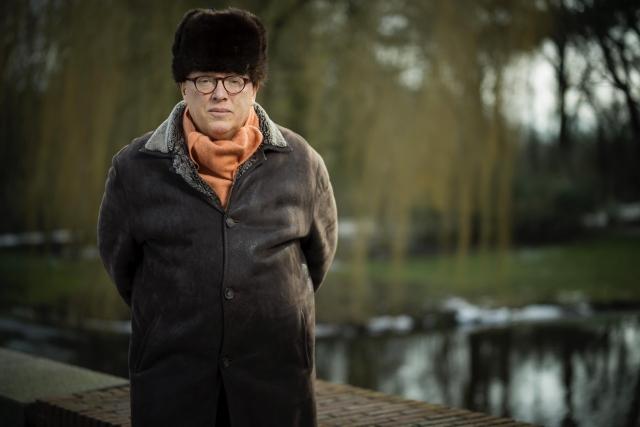The Sound of Utopia
When the Soviets took power in Russia, not only did politics and the economy change, but so did culture as artists saw their craft turning into a matter of life or death. Through the fascinating lives of ten famous and lesser-known musicians, historian and Russia expert Michel Krielaars recounts how radically Stalin’s reign altered the tone of music throughout the USSR. The product is a well-written, nuanced portrait of a surreal world of wonderful music and unspeakable horror.

In 1932 Josef Stalin mandated that music serve to help the people of the Soviet Union realise the socialist dream – to help turn them into better human beings. What that exactly entailed was anything but clear, however, musicians had the particular misfortune that, as an avid fan of classical music, Stalin enjoyed personally rating each new release with ‘Good’, ‘Average’ or ‘Rubbish’. Successful musicians and composers might have been treated like gods, but they lived under the double-edged sword of popularity and state pressure. One could fall in and out of favour from one day to the next, and just as easily join the millions of innocent Russians put on trial, hauled off to the gulags and sentenced to death.
Each of these musicians responded to such threats and constraints differently, some blindly weathervaning to the winds of personal gain, others attempting to maintain artistic and moral integrity to mixed results. Krielaars reconstructs the lives of the legendary pianist Sviatoslav Richter; the regularly self-compromising Sergei Prokofiev; the composer Vsevolod Zaderatsky, who wrote most of his works in a prison camp on toilet paper; Klavdiya Shulzenko, the ‘Russian Vera Lynn’; Mieczysław Weinberg, a Jewish composer completely erased by the regime; the popular singer and songwriter Vadim Kozin; the wayward and eccentric pianist Maria Yudina; the composer Alexander Mosolov, most of whose work has been lost; the ever-controversial ‘last lackey of Stalin’, Tikhon Khrennikov and the cellist Mstislav Rostropovich. Along the way readers also meet the many other musicians and artists who crossed their paths in this tapestry of cultural life during turbulent times, extending through the collapse of the Soviet Union.
Historian Michel Krielaars mixes these biographies with his own contacts, conversations and experiences while conducting research amid Russia’s political present. Time and again, things are not what they seem. These sketched lives – filled as they are with paranoia, chance and absurdity, as well as a certain poetry – are both disconcerting and deeply empathetic. The book also comes with a Spotify playlist.
‘Ten interesting portraits, not only of celebrities like Sergei Prokofiev, but also lesser-known people who seldom receive attention in the Western world.’
NRC
‘Michel Krielaars unravels a staggering piece of history.’
De Morgen
